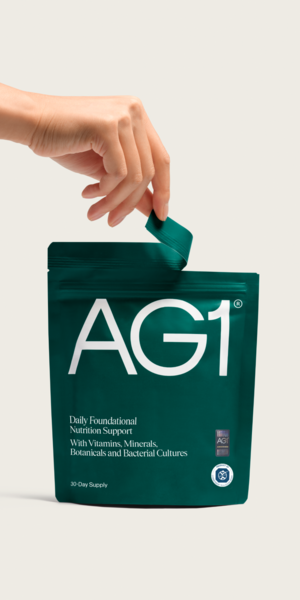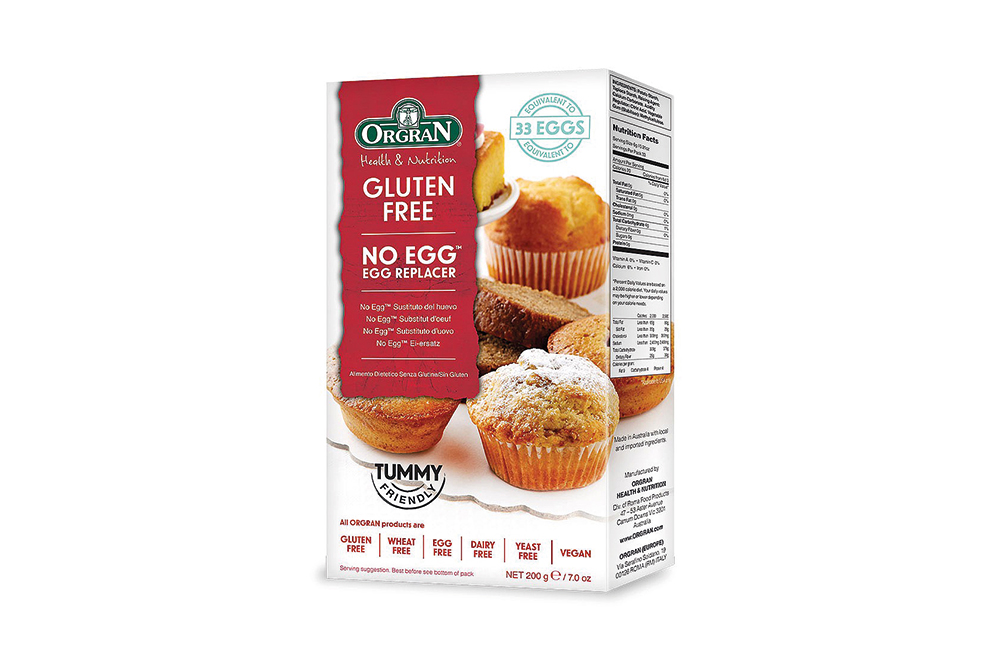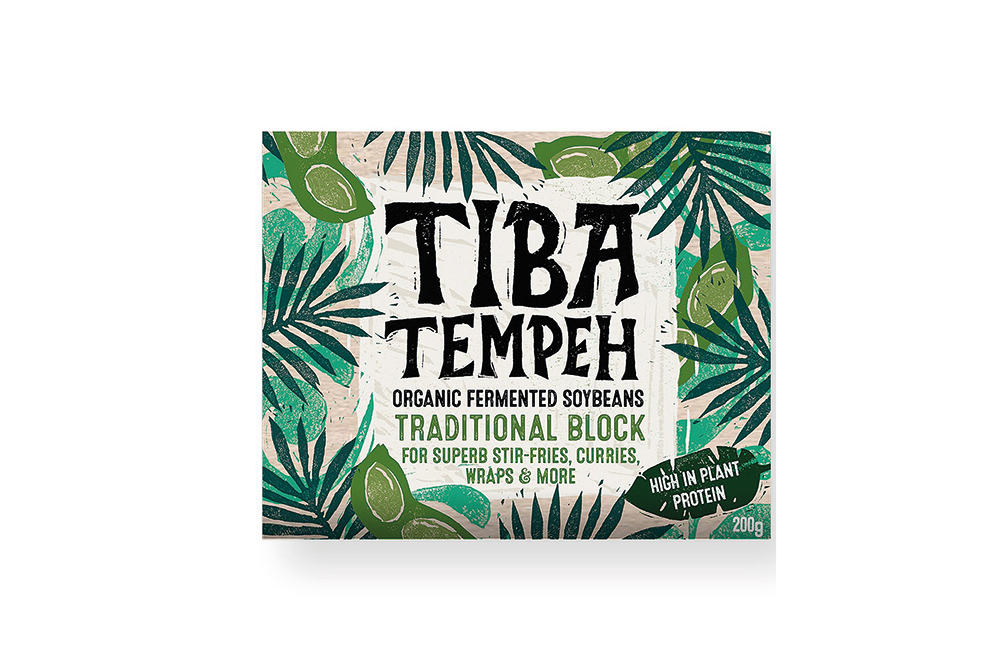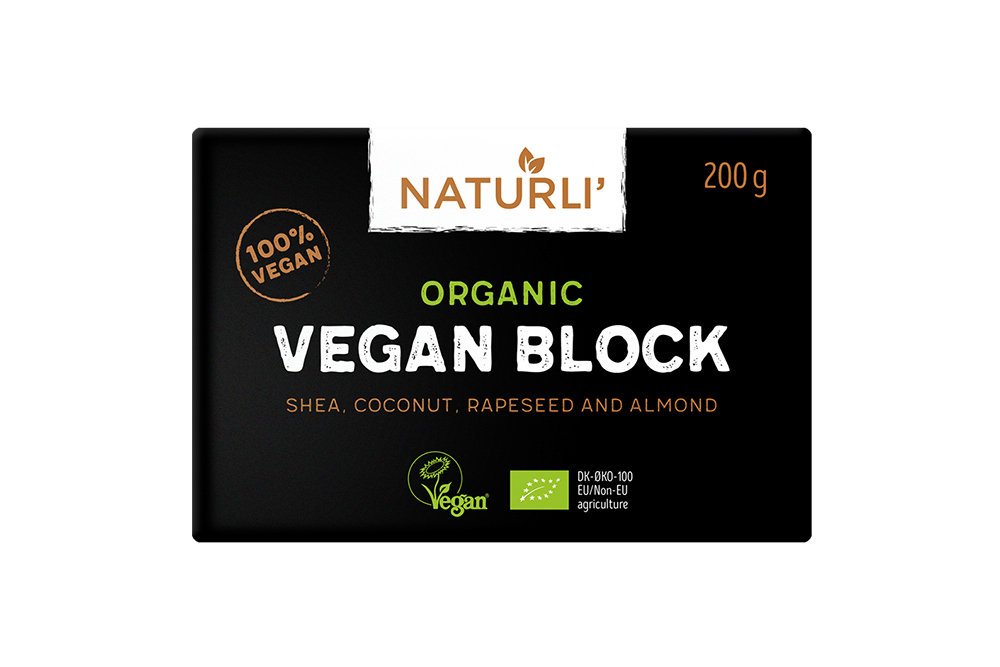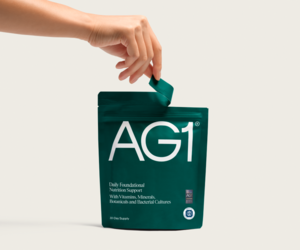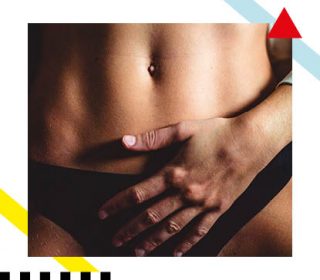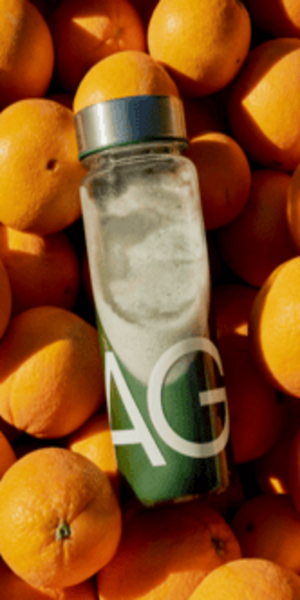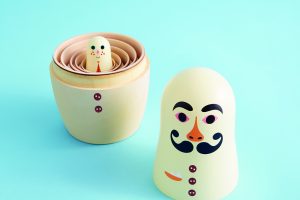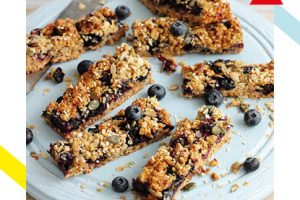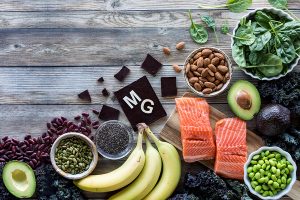5 Most googled questions about veganism, answered
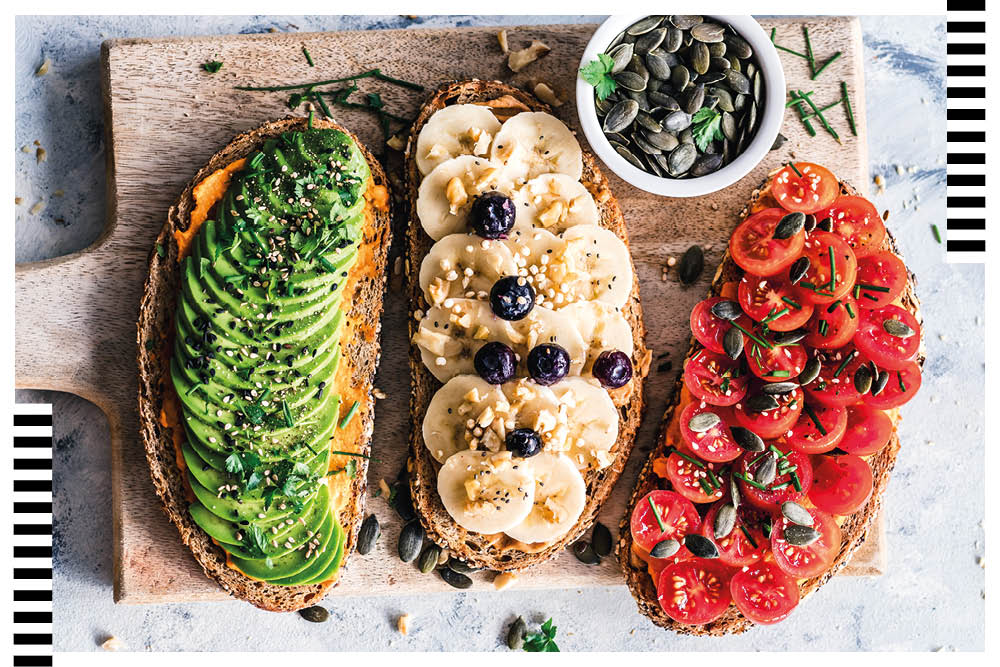
WHERE DID VEGANS GET THEIR NAME FROM?
In 1944, Donald Watson brought together 25 non-dairy vegetarians to discuss their diet. ‘Non-dairy vegetarian’ isn’t very snappy, so he shortened ‘vegetarian’ to coin the term vegan. This group formed the Vegan Society, and the name stuck.
ARE VEGANS HEALTHIER THAN NON-VEGANS?
It is impossible to say whether one group is healthier than another. Any diet can be deficient in some area or excessive in another. If you ate only white bread, you’d be a vegan but you wouldn’t be healthy!
We recommend eating the widest variety of fresh fruits, vegetables, legumes, nuts, seeds and grains as you can to absorb as many nutrients as possible and foster a healthy gut.
DO VEGANS GET ENOUGH PROTEIN?
Legumes such as soybeans and chickpeas, in the form of tofu and tempeh, are great sources of protein, as are nuts, seeds and grains. Vegan protein powders are also a good source. The NHS recommends 0.75g of protein per kg of body weight for adults, so if you weigh 70kg, you would need 52.5g of protein a day. Here’s how to meet that target using plant-based proteins: 1 portion of Motion Nutrition peanut butter protein powder (17g of protein), half a tin of chickpeas (14g), half a block of tempeh (100g; 19.5g of protein), oat m*lk latte (200ml, 2.2g).
HOW DO VEGANS GET THEIR CALCIUM?
Although dairy is touted as the ultimate calcium source, this essential mineral is also found in leafy greens, seeds and legumes. White bread, breakfast cereals and some nut milks are fortified with calcium. Calcium supplements are useful, too.
IS IT POSSIBLE TO SEND A VEGAN CAKE?
Generally, only the wet ingredients in cake batter need replacing with vegan options, which includes eggs, milk, cream and butter. There are plenty of alternatives, such as egg replacer and plant milks. Or, once you’ve finished with that protein-rich tin of chickpeas, save the liquid and whip it up with ¼tsp of cream of tartar to use as an airy egg white alternative in cake batters.



